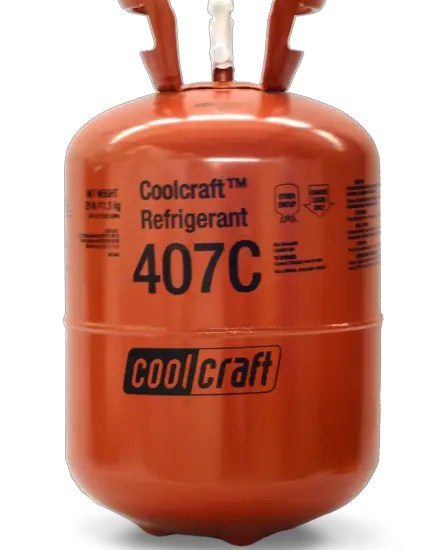Let’s kick off this dialogue with the focus of our conversation today, the ‘refrigerant SDS’. This topic might not be the center of your dinner conversation, but if you work with refrigerants, it’s like the life jacket in a stormy sea. In this piece, we’ll traverse the world of safety data sheets for refrigerants – their value, how to understand them, and why they’re a must-have in your safety arsenal.

Table of Contents
Understanding Refrigerant Safety Data Sheets (SDS)
The Importance of Refrigerant SDS
You might ask, why all the fuss about refrigerant SDS? Well, it’s like a backstage pass – revealing all the secrets about the refrigerant. It’s about safety, but it’s also about staying on the right side of the law. And that’s not just a sales pitch, the Occupational Safety and Health Administration (OSHA) mandates it!
Key Elements of a Refrigerant SDS
So, what’s inside this golden ticket? It’s packed with critical information like product and company identification, hazard details, and emergency procedures. It’s your cheat sheet for handling refrigerants safely and responsibly.
Product and Company Identification
Ever bought something with no label? Feels risky, right? The product and company identification is the label on your refrigerant. It tells you what you’ve got, and who’s responsible for it. It’s essential for tracking and accountability.
Hazard Identification
Hazard identification is like your weather forecast, giving you a heads up on potential storms. It outlines the health risks and environmental hazards related to the refrigerant. Who wants to walk into a storm without an umbrella, right?
First-aid Measures
If an accident occurs, the first-aid measures section becomes your first line of defense. It guides you on the immediate steps to take. Think of it as your personal paramedic on paper.
Fire-Fighting Measures
Here’s your firefighting playbook. In the unlikely event of a fire involving the refrigerant, this section tells you how to tackle it. It’s the firefighter in your back pocket.
For articles on refrigerants, click here: Articles on Refrigerants: The Ultimate Guide to Understanding Them.
Reading and Interpreting a Refrigerant SDS
Understanding Pictograms
You’ve seen those little symbols on products, right? Those are pictograms, the universal language of safety. They give you important safety info at a glance. It’s like emojis, but for safety!
Interpreting Hazard Statements
Hazard statements are like those ‘Beware of the Dog’ signs. They quickly tell you what dangers to expect. Understanding these statements is crucial for safe handling and usage.
Precautionary Statements and Safe Handling
Precautionary statements are like the instructions on a medicine bottle. They guide you on how to handle and store the refrigerant safely. It’s like having a personal safety coach whispering in your ear.
Practical Application of Refrigerant SDS
Safe Handling and Storage of Refrigerants
So how does this paper guide protect us in real life? It’s like a safety manual, guiding us on the dos and don’ts of handling and storing refrigerants. It’s like your guardian angel, keeping an eye out for you.
Emergency Response and First-Aid Measures
When things go south, your SDS is your north star. It guides you through emergencies, providing first-aid procedures. It’s like having an experienced guide on a difficult trail.
Waste Disposal Considerations
Once the refrigerant has served its purpose, the SDS guides you on how to dispose of it responsibly. It’s like having a recycling guide, ensuring you don’t harm the environment or violate any laws.
Legal Implications of Refrigerant SDS
Legal Requirements for SDS
Not just a useful guide, the SDS is legally required. It’s not just good practice, it’s the law! OSHA wouldn’t be too happy if you ignored it, would they?
Penalties for Non-Compliance
Ignoring the SDS isn’t just dangerous, it can also land you in hot water legally. From fines to lawsuits, the stakes are high. Would you want to roll those dice?
Conclusion
So there you have it, a deep dive into the ocean of refrigerant SDS. Remember, it’s not just a piece of paper. It’s your guide, protector, and legal shield when dealing with refrigerants. Keep it close, and stay safe!